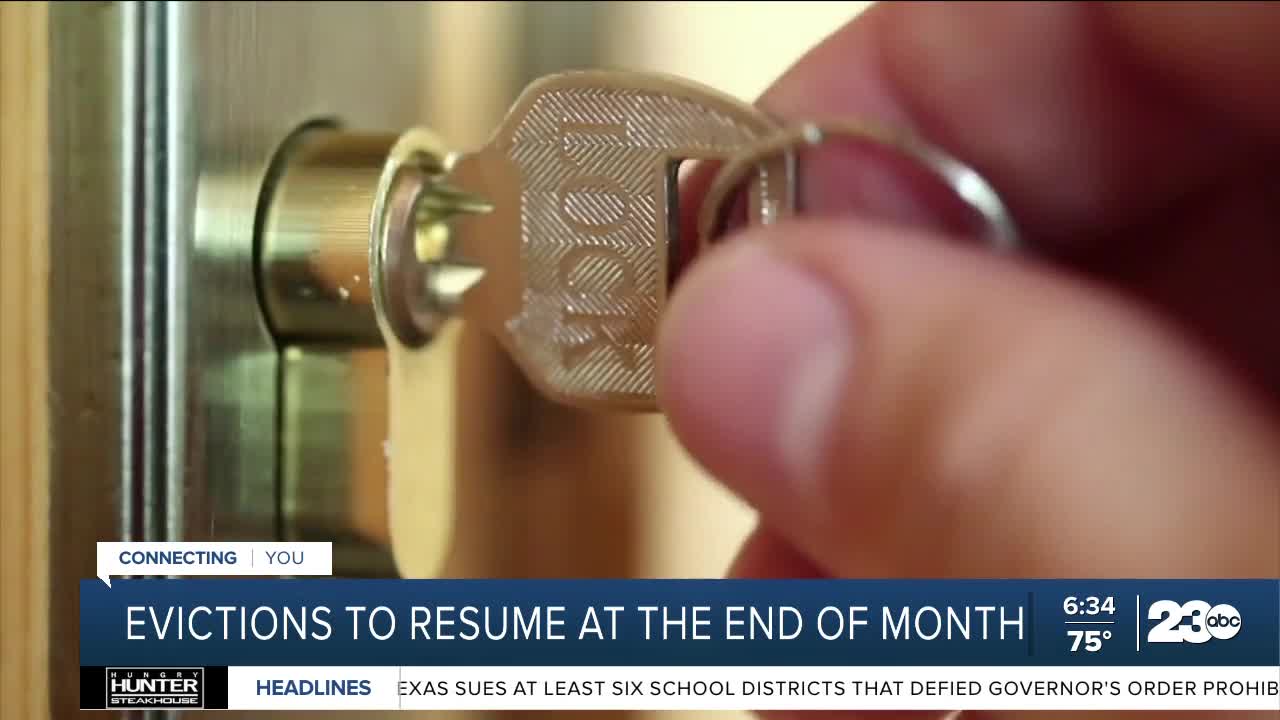BAKERSFIELD, Calif. (KERO) — The eviction moratorium has been a saving grace for tenants impacted financially during the pandemic, but soon, the final shield of protection will come down when the state eviction moratorium ends on September 30.
“It’s unclear. Throughout the whole process, they’ve had to pay 25 percent of the rent, does not say when they have to pay it," said Nik Boone, CEO of Ascend Real Estate and Property Management.
He says in his role, he's heard every scenario from both tenants and owners during the moratorium.
“We’ve had tenants where they flat out said I’m not paying, you can’t evict me, and then go buy a brand new car and put it in their driveway. There’s nothing we can do," Boone said.
According to Boone, he’s seen a decrease in evictions over the past year within his own properties — citing that most of his property owners and tenants have worked with him to manage the pandemic.
“We have several tenants who say they’re trying to pay for food. We will fight tooth and nail with the owners saying, 'Hey look they're doing everything they can. As soon as they get back on their feet, they're making payments," he said. “There are scenarios where we’ve gone through the eviction process and evicted people during the moratorium, which people are like, how can you do that? What’s going on? Again can have nothing to do with rent.”
Even under the moratorium — tenants could legally be evicted if:
- The landlord or their family was moving into the property
- The landlord planned to demolish or remodel the property
- The tenant committed a crime or a criminal threat on the property.
- The tenant violated the lease by subletting the property, causing a nuisance or staying after the lease expired.
Come September 30, the state eviction moratorium will come to an end, meaning evictions will begin rolling out for those who haven't paid rent and aren't prepared.
Boone says if tenants are still unable to make payments, they should work with the Housing Authority of Kern for rental assistance, and begin the application now before the state moratorium ends.
For tenants who could have paid rent over the last year but chose not to, Boone said they could find themselves in a difficult position when the moratorium ends, because they will still own back-rent.
“They can go 18 months and say I’m going to pay the 25 percent at the end. Well the person that chooses not to pay is probably not putting that in their bank waiting for the moratorium to end.”



